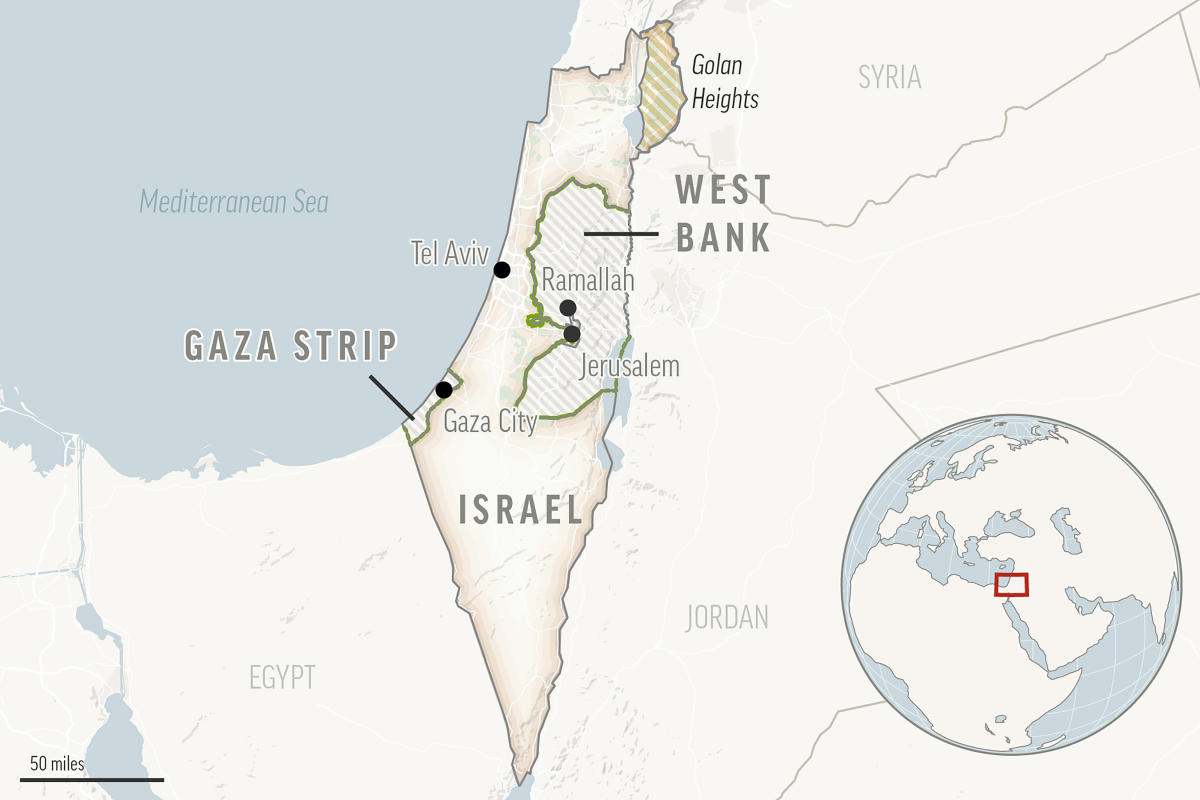May 20—When Michael and Bonnie Patterson envision the campground they want to build in Sanford, they see large campsites that offer a peek at Sand Pond through the trees, trails through the woods and a “glamping” experience that gives visitors a taste of the Maine wilderness without having to fully rough it.
Their neighbors see the Pattersons’ plan as a large business that would disrupt the quiet neighborhood, invade their privacy and threaten the private pond.
But the debate about the proposed Sand Pond Camping Resort could be put on hold as the city updates its rules and standards for campgrounds.
The City Council appears poised to pass a retroactive 180-day moratorium on new campgrounds at its meeting Tuesday, effectively shutting down the Pattersons’ project when it’s already halfway off the ground.
City leaders say hitting the pause button is not intended to prevent new campgrounds and is not directed specifically at the Pattersons’ proposal, though theirs is the only one that has dominated recent discussions about camping in the city.
“I truly believe a moratorium is good for the community so that we have better campground development, in light of the modernization of camping and what we’re seeing happening with camping today,” Deputy Mayor Maura Herlihy said after a public hearing this month. The majority of councilors have indicated they also support it.
A NEW KIND OF CAMPING
Glamping — a portmanteau of “glamorous” and “camping” — offers amenities and services not normally associated with traditional tent camping. It has grown in popularity across the country in recent years as visitors flock to glamping resorts offering domes, yurts, luxury RVs and other accommodations that rent for hundreds of dollars a night.
Proposals for new “glampgrounds” often generate controversy and concerns from residents about safety, noise and traffic. Municipal officials have also had to grapple with whether these resorts should fall under the same category as traditional campgrounds. And residents in several other Maine towns have risen up to oppose similar projects.
Tremont voters in 2022 passed the strictest campground regulations on Mount Desert Island after a six-month moratorium gave town officials time to amend its land use ordinance to better manage campgrounds. The Frenchman Bay Conservancy announced in March that it had acquired and permanently protected a parcel of land that had been eyed by out-of-state developers for a large glamping resort near Acadia National Park.
In Kennebec County, the town of Wayne recently passed a moratorium on RV parks and campground developments to give the town time to rewrite its ordinance. And the Washington County town of Columbia Falls recently proposed a new ordinance to separate standards for campgrounds, campsites, glamprounds and resorts.
The Sand Pond Camping Resort would not be the first glamping resort on Sand Pond. Huttopia, across the pond from the Patterson’s property, offers a variety of tents, cabins and tiny houses with electricity, beds, kitchens and bathrooms.
The Pattersons, who have had a home on Sand Pond for 20 years, said they envision creating a “heavily forested park” with 39 campsites — 13 of which would have permanent RVs available for rent, with the remaining spots open for campers’ own RVs. The campsites would be 4,000 square feet each and separated by trees.
“We want it to look more like a state park,” Michael Patterson said.
NEIGHBORS OPPOSE PROPOSAL
The couple said they used to sit outside of their home on weekend nights in the summer and listen to the sounds of families at a campground across the pond. They thought running a campground would be a great way to spend their retirement, Michael Patterson said.
When the Pattersons were approached by a nearby landowner in 2021 about buying 113 acres with 560 feet of pond frontage, they went to the city to make sure a campground would be allowed in the area. Michael Patterson said they were told it was an allowed use, so they bought the land and started working on plans.
Those plans have not gone over well with members of the Sand Pond Association, which has 75 members who live within a mile of the pond. Many members have multigenerational ties to the seasonal camps in the area, and all support the moratorium, said board President Brian Dumont.
“Glamping is a high-profit, high-volume of people, high-impact business. It is a significant risk to the public,” he said. “This is why the moratorium is needed, so (the ordinance) can be carefully redesigned to meet today’s demands of what glamping has become.”
Dumont said he and other neighbors are concerned about the impact of putting a campground in the middle of an existing rural neighborhood. During the public hearing this month, neighbors told city councilors they are worried about privacy and having RVs parked close to their property lines. They also said they are concerned about the ecological impact of more people on Sand Pond.
“It’s very intrusive to the neighborhood,” Dumont said.
Michael Patterson said the state Department of Environmental Protection has indicated that it does not have concerns about his plans for the property and that it is likely to issue permits required for the project to move forward.
He and his wife say they will work with the town to address concerns about the campground being used year-round and would support restricting how long people can stay there.
The Pattersons say they are also willing to put up fence and shrubbery to shield neighboring properties from the campground.
OUTDATED ORDINANCE
Michael Traister, an attorney who represents the Pattersons, urged the City Council not to implement the moratorium and to think about the precedent it would set.
Businesses rely on the city’s published rules and ordinances and don’t expect them to change midway through the process, he said. The Pattersons’ complete application is currently in front of the site plan review committee.
“You’re pulling the rug out from the Pattersons, and it’s distressing to them,” Traister said. “A lot of time and money has already been invested.”
But Andy Sparks, the attorney for the Sand Pond Association, pushed the council to approve the moratorium to make sure Sanford’s standards account for the “enormous changes” camping has undergone.
“Many consider a moratorium to be a drastic measure. Others consider it to be a reflection of some type of planning process failure,” he said during the public hearing. “It’s neither of those. It’s a legal tool to help resolve a problem.”
Councilor Pete Tranchemontagne said he supports the moratorium but is not against campgrounds.
“It’s an old, old ordinance,” he said. “We do need some time to make this up-to-date so it’s fair for everybody and for future developers.”
Michael Patterson said he and his wife are trying to be flexible and adjust their plans as needed, but they worry about how a delay could affect the viability of their project. Pushing the planning process back six months also means lost revenue for their resort and lost income for local businesses where campers would spend money, he said.
“I’ve already spent over $1 million on this project, and everything was going so well,” he said. “It’s really coming out of left field after they’ve known about this and approved other campgrounds.”
Copy the Story Link
Signup bonus from




